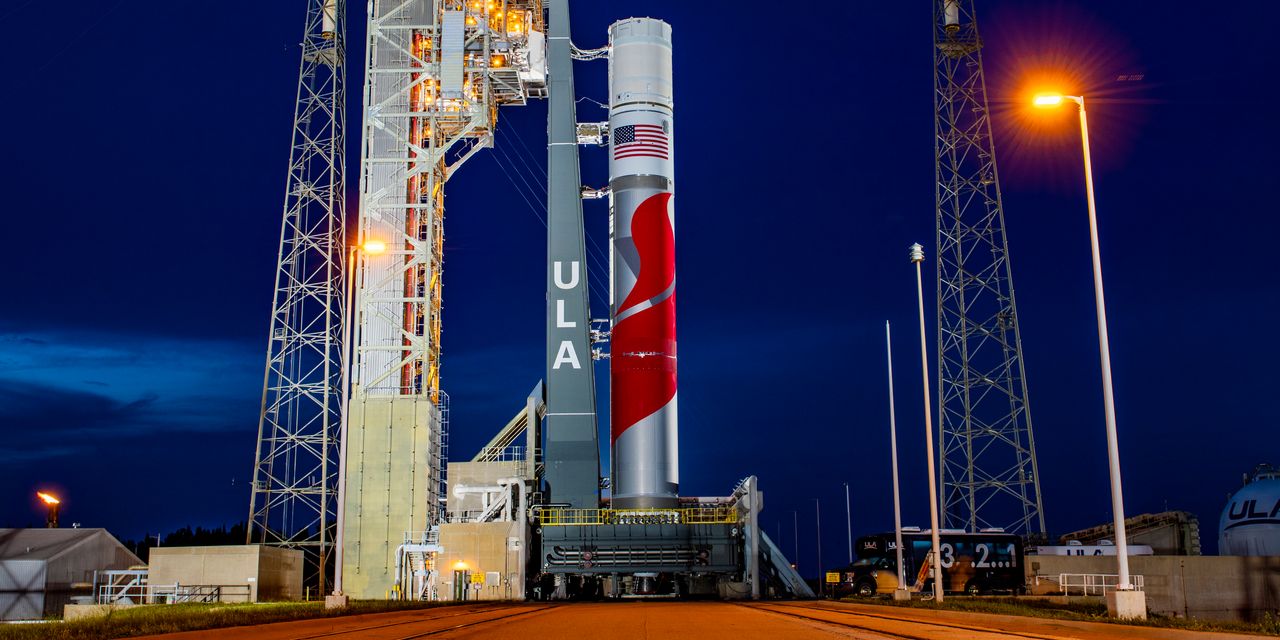United Launch Alliance is eyeing a debut launch for the company’s new Vulcan rocket later this year, according to Chief Executive Tory Bruno.
Vulcan will be the successor to ULA’s Delta IV and Atlas V rockets. ULA was set up in 2006 as a joint venture between Boeing Co.
BA,
and Lockheed Martin Corp.
LMT,
Since then, the company’s Delta and Atlas rockets have been used to send more than 150 missions into orbit.
“I expect we will see that [first Vulcan] launch sometime between summer and later this year,” Bruno said during a streamed interview at the Human to Mars Summit in Washington on Tuesday.
ULA had initially planned for a Vulcan debut launch in May, but that was pushed back when a Vulcan rocket’s upper stage suffered an anomaly during testing at NASA’s Marshall Space Flight Center in Alabama in March, according to Space.com. The explosion was first reported by Ars Technica. Bruno subsequently tweeted that a hydrogen leak caused an explosion during the test.
Space.com reported that the upper stage that exploded was not part of the hardware for the debut Vulcan launch. “We will sort that out, we will resolve it,” Bruno said Tuesday.
Related: Virgin Galactic sets sights on first commercial launch
ULA undertook Vulcan rocket tests to simulate a launch day at Cape Canaveral Space Force Station last week.
Vulcan’s booster propulsion is provided by a pair of BE-4 engines manufactured by Blue Origin, which was founded by Amazon.com Inc.
AMZN,
founder Jeff Bezos. “I am very happy with my partner there,” said Bruno.
The BE-4 engines use liquid oxygen and liquefied natural gas, a commercially available form of methane. Unlike other rocket propellants, such as kerosene, liquefied natural gas eliminates the need for expensive and complex pressurization systems, such as helium, which is in increasingly scarce supply, according to ULA.
The new ULA rocket also integrates up to six Northrop Grumman Corp.
NOC,
Solid Rocket Boosters, or SRBs.
Speaking at the Humans to Mars Summit, Bruno also discussed ULA’s contract with Amazon to support its Project Kuiper, which will launch a constellation of 3,236 satellites into low Earth orbit. The deal, which was announced last year, will see the Vulcan rocket used for 38 launches.
See Now: SpaceX’s Starship launch sent dust cloud of sand and soil over nearby city
“I have to quadruple my launch rate by the middle of 2025,” said Bruno, describing the project as “a great challenge to have.”
Read the full article here













